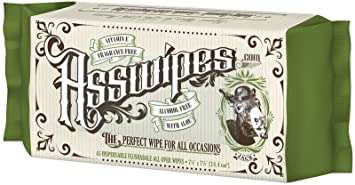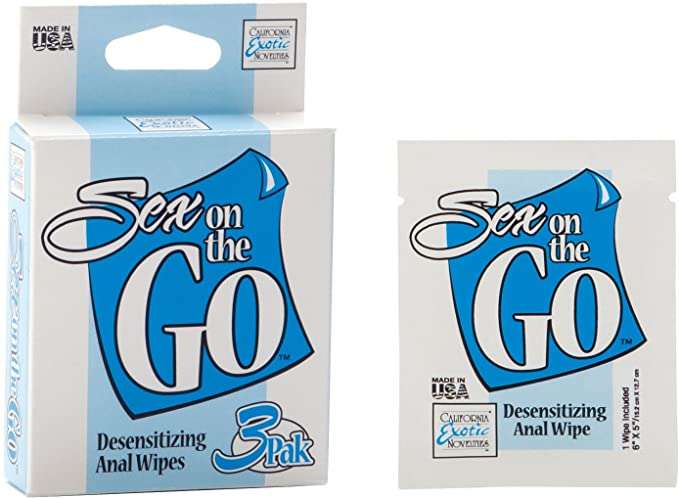The Healthiest Way to Wipe After a Bowel Movement
By Amber J. Tresca Medically reviewed by Priyanka Chugh, MD
Wiping thoroughly and washing your hands after a bowel movement are the two most important ways to prevent odor and the spread of pathogenic (disease-causing) bacteria.
:max_bytes(150000):strip_icc():format(webp)/hands-holding-toilet-roll-573378599-5a047f2bda27150037ac82ce.jpg)
For people who have solid bowel movements, this will mean wiping with toilet tissue. Others may need alternate ways to clean the anus and rectum, including a bidet, a syringe ball, or wet wipes. This could be due to rectal pain, injury (such as anal fissures), surgery, or hemorrhoids.
Hand washing is also a vital part of bathroom hygiene, the practice of which can prevent transmission of infectious organisms, such as hepatitis A. And, despite what some may tell you, there is a wrong and right way to wash your hands.
The Right Way to Wipe
After comfortably passing a stool, always remember to wipe from front to back, avoiding any skin-to-skin contact with stool. Simply reach behind your back and between your legs, using plenty of crumpled or folded toilet tissue, and wipe backward from the perineum (the space between the genitals and anus) toward and past the anus.
Use additional wads of toilet tissue as needed until the paper is mostly clean. Never scrub the perianal area (the skin in around the anus) as this can cause microtears into which bacteria can enter.
People who are unable to reach around behind their backs (because of weight, injury, or arthritis) can reach between the legs as long as they wipe front to back, not back to front.
Wiping from front to back is especially important for women as this prevents fecal matter from entering the urethra (the opening where urine exits the body).1 Accidental exposure to fecal matter is one of the leading causes of urinary tract infections in women.
If exposure occurs, gently rinse the urethral area with cool water. However, do not spray with a strong hose or shower as this can force microbes to further up the urethra. Be sure to drink plenty of fluids for the next couple of days to help flush any remaining bacteria from the urinary tract. 20 Ways to Prevent Urinary Tract Infections

How to Wash Your Hands
Once you have wiped thoroughly and flushed, wash your hands with plenty of soap and water. Antimicrobial hand washes are useful but not necessary.
To wash your hands properly, the Centers for Disease Control and Prevention (CDC) recommends the following steps:2
- Wet your hands with clean, running water and apply soap.
- Lather by rubbing your hands together with the soap. Lather the backs of your hands, between your fingers, and under your nails as well as your palms.
- Scrub for at least 20 seconds. An easy way to time this is to hum the “Happy Birthday” song twice from start to finish.
- Rinse your hands thoroughly under clean, running water.
- Dry your hands using a clean towel or allow them to air-dry.
When Wiping Is Not Enough
When diarrhea is persistent or severe, keeping the anus clean can be difficult, particularly if it is sore and red. In such cases, you can use baby wipes or wet wipes that are gentler on the skin. Alternately, wet toilet paper or a wet washcloth can usually do the trick.
If even gentle wiping causes discomfort, try using a ball syringe (which you can buy at most drugstores) to flush the area clean. Others opt to use a bidet or a hand shower to rinse fecal residue from the skin. Cool to lukewarm water can be especially soothing.3
If you experience ongoing rectal pain between bowel movements, try soaking in a lukewarm tub. You can add Epsom salt and colloidal oatmeal, both of which can help reduce inflammation. Avoid hot baths, however, as they can dry the skin and make the pain and itching worse.
When finished, dab the perianal area with a soft cloth and allow to air-dry. Apply some non-fragranced barrier cream to help lock in moisture. Causes of Rectal and Anal Pain

Treating Anal Irritation
Wiping too much or too hard can lead to anal itching, a condition also known as pruritus ani. Pruritus ani is essentially an inflammatory response caused when delicate perianal tissues have been stress or compromised.
In addition to redness and swelling (caused by the dilations of capillaries just below the surface of the skin), pruritus ani is characterized by a persistent, and sometimes unrelenting, itch.4 Sitting for long periods of time, using harsh soaps, or scratching (known as the “itch-scratch-itch cycle”) can only make things worse.
Home remedies include emollient-rich barriers creams, some of which contain aloe vera, vitamin A, vitamin E, and other anti-inflammatory ingredients. Petroleum jelly is also a good option. Refrigerating the cream before an application is especially soothing.
Avoid fragranced soaps, lotions, toilet paper, and wet wipes as these are likely to cause irritation. Until symptoms resolve, it is also a good idea to avoid eating chili, curry, or other spicy foods.5
Over-the-counter gels or creams containing steroids (such as hydrocortisone) should only be used under the direction of a doctor.
Persistent itching accompanied by pain or rectal bleeding should be seen by a doctor. Medical causes include yeast infections, prolapsed hemorrhoids, psoriasis, fistulas or abscesses, inflammatory bowel disease (IBD), and anal cancer.
Why not just use the bidet?